"A Definitive Documentary That Explores One of the Most Important Question of Our Lives"
 From the Desk of:
From the Desk of:
JOHN ANGHELI
B.Arch, M.A M.Ed M.B.A.
Leadership Counsellor
Consider the Great Paradox of Our Times
Today, despite having the greatest amount of wealth, the greatest range of freedoms, and the greatest range of knowledge and possibilities, psychologically speaking – or what is present in our lived experience – is almost the exact opposite.
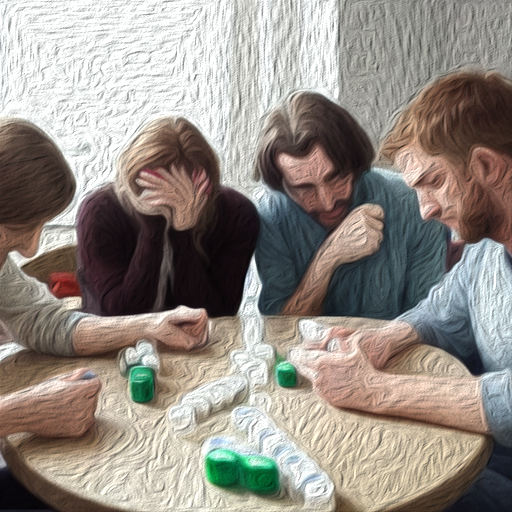 Today, we live in very psychologically miserable times. According to Harvard University, within the next decade 1 in 2 people are expected to be depressed, and almost 1 in 3 already are.
Today, we live in very psychologically miserable times. According to Harvard University, within the next decade 1 in 2 people are expected to be depressed, and almost 1 in 3 already are.
The leading first world country, the USA, right now consumes more prescription drugs than the rest of the world combined. Even children are given mind-bending drugs, as apparently to cure their failing mental condition.
The pursuit of happiness, as enshrined in the defining document of the very first modern democracy, the American Declaration of Independence – where all men have been given inalienable rights to pursue life, liberty and happiness – has, in the last count, effectively become the liberty to get sedated.
Vast segments of our cultural landscape
are now chasing ever-changing means of sedation.
Just see these statistics:
- Today 1 in 6 Americans and others in Western countries are on antidepressant drugs – with drug use extending well beyond two years.
- The millennial generation is now diagnosed at twice the rate of the average adult for depression and anxiety.
- 1 in 12 between the ages of 12-19 are already diagnosed with depression symptoms.
- And according to most research projections, 1 in 2 people are expected to suffer a major depressive episode in their life.
Here are some shocking graphs of how this is progressing just over the last few years:
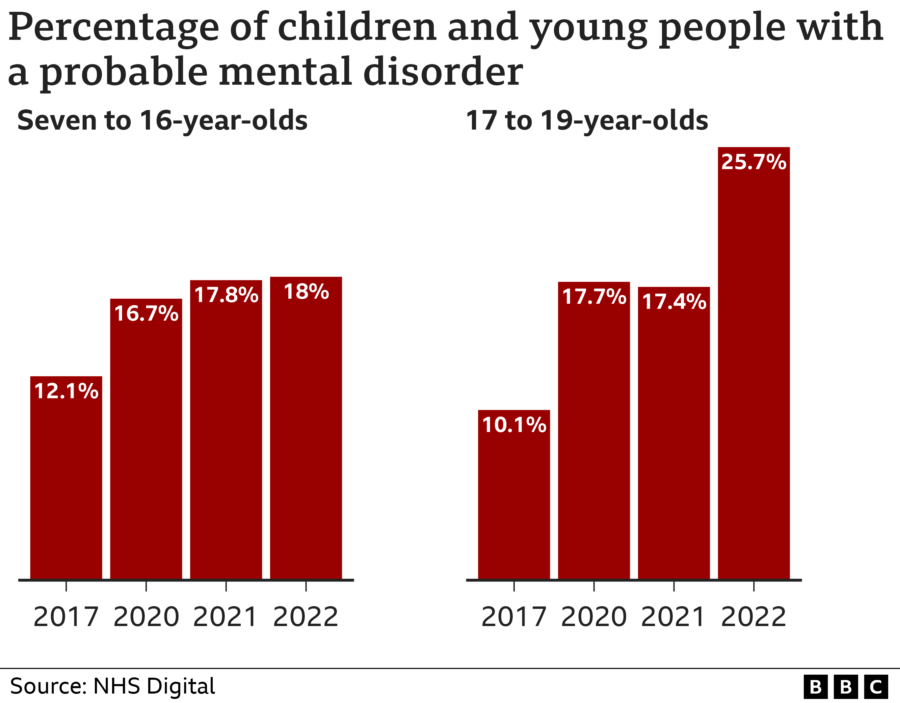
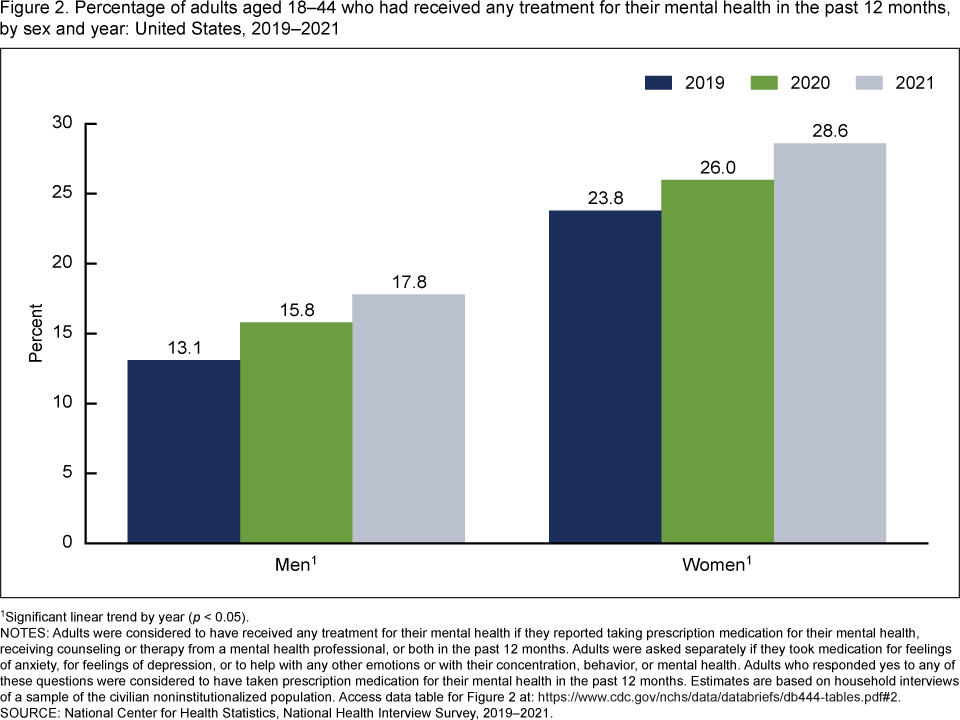

Here’s a rough-cut segment from the documentary, (which has since been cut out for brevity), put it:
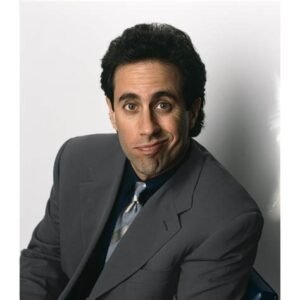 Comedian Jerry Seinfeld once commented that the proof that humans aren’t that smart is proved with the invention of ‘the helmet’.
Comedian Jerry Seinfeld once commented that the proof that humans aren’t that smart is proved with the invention of ‘the helmet’.
“After all”, as Jerry put it, “why did we invent the helmet?
Because we were involved in too many ‘head cracking’ activities, like parachuting out of planes.
But we looked at the situation, and thought about it, and thought about it… And we concluded that rather than avoiding these activities, we’ll just make little plastic hats, so we could continue our ‘head cracking lifestyles’.”
Could it be that the current epidemic of depression and the way that we patch things up with ‘pharmaceutical helmets’ and ‘psychological hacks’ is but a similar way of thinking?
Could our current methods in the way we treat the ever-rising levels of psychological illness do little more than alleviate symptoms (while leaving the root cause firmly in place)?
Could it be that when all is said and done…
….we don’t really know how to be happy?
We Live In a Culture of Mass Sedation
 What is ‘sedation’?
What is ‘sedation’?
The dictionary definition is, “to use drugs or other means to make someone calm or to make them go to sleep”.
Consider the startling realization that a large percentage of men and women throughout the Western World, are sedated on one or more forms of drugs, at multiple points throughout their day!
They will use these sedatives to feel better about themselves or so that they can continue to function in what they feel to be a corrupted and corruptible culture.
And what are these drugs?
Well, that’s the thing – drugs come in so many different forms today that we don’t even see them for what they are.
We ordinarily tend to think of just the hard illegal drugs like narcotics, marijuana, ecstasy, speed, and so on. And certainly judging from the number of deadly overdoses (that claimed the most talented of musicians – from Elvis to Michael Jackson, John Bonham, Jim Morrison, Jimmy Hendrix, Whitney Houston, Amy Winehouse, Prince… and many more), to the daily addicts we notice all around us, illicit drugging is at an all time high… (no pun intended).
But there are also so many legal drugs that sedate us just as effectively. A large proportion of people choose alcohol as their drug of choice instead. For example, in the US, 17% of adults engage in binge drinking and 6% heavily drink. The numbers are quite similar in Australia and the UK.
Then there’s the whole range of pharmaceutical drugs as prescribed by big medicine. 66 percent of all adults in the United States, use prescription drugs in some form or another. (That’s 2 out of 3 adults!)
 – There’s the inner sedation that comes from consuming countless pornography.
– There’s the inner sedation that comes from consuming countless pornography.
– There’s the sedation of spending hours upon hours gaming, watching TV, or browsing the internet.
– There’s the endless consumption experiences facilitated by shopping malls and virtual internet malls.
So it’s no exaggeration to say that most of us today we are drugged out of our minds. Both from within and from without, we seem to be wanting to tune out of our mind, the actuality of what’s really happening…
‘Out of our minds’, simply meaning that –
We are out of the mindset that nature has endowed us with, and instead we live amidst a meaningless mirage that makes us miserable…
… which in turn makes us want to take on even further chemical sedations.
We’re on a losing pursuit to try to stimulate ourselves to feel better. But no matter how hard we spin our wheels, like that Rolling Stones’ song once said it, “we can’t get no satisfaction”.
The saddest part is that many children today start off their life in a state of deep sedation, where…
- Little babies are plonked in front of a tablet or mobile as soon as their eyes can move;
- Then they are given medication for their apparent inability to focus or think;
- Then they will enter public education – which will then foster all kinds of grievances and distortions about their ‘problematic’ identity or ‘problematic’ society… and which will have nothing to say about their purpose in life. (outside of perhaps them being a ‘cancer of the planet’, because their carbon emission!).
 Many will probably never even realize the dark matrix that has been placed upon their minds without their consent. They’ll just assume that what they have ‘learned’, that this is ‘reality’.
Many will probably never even realize the dark matrix that has been placed upon their minds without their consent. They’ll just assume that what they have ‘learned’, that this is ‘reality’.
Is it any wonder then that depression in children is the highest growing segment in our population?
How could it be otherwise?
Notwithstanding the large portion of the population that does have a genuine need for medical drugs, the deeper question is:
“Is the human experience that terrible that most need to be sedated to live it? Or can it be that we have learned to seriously warp our perceptions, so that existence appears as insufferable instead?”
I’m going to make the case that it’s a case of the former.
And that’s because we have been trained in a condition of learned helplessness, and are unable to be in control of who we are…
My Sedation Story
For me, the way out of my own ‘sleep-walking’ came through an encounter with a near-fatal car accident. It was then and there that I made a decision to reawaken. So I went out into the wilderness to spend 40 continuous days alone, to deeply think.
Here’s another segment from the film that explains what happened:
You see, the behind-the-scenes reality of what I was up to until that point was that I had completed three degrees, set up a coaching practice, and yet I was financially on the brink of bankruptcy. I was also racking up credit card debts into the tens of thousands in the process…
My head was filled to the brim with all kinds of knowledge on how to change my psychology – from NLP, Rational Emotive Behavioral Therapy, Cognitive Behavioral Therapy, Gestalt Therapy, Mindfulness Practices and Meditation and on and on.
 Yet, after a decade of studying all these forms of mental sciences, I was still little better off for it…
Yet, after a decade of studying all these forms of mental sciences, I was still little better off for it…
For even as my head was full of different ideas about the mind, the truth of it was that my life had not changed for the better at all. In fact, I often had to deny this to myself because the results I produced felt pathetic…
That is, physically, I was weak and unfit. I smoked. I drank. I puffed weed. A relationship with a better half was non-existent – although I had an unhealthy addiction to ‘online romance’, (if you know what I mean) – and spiritually, in my being I was hollow and constantly hungry for that indefinable ‘something more’.
So I did what most of us are taught to do and what we see everyone else doing
– create positive impressions and ‘fake it ’till you make it’.
But now this near-fatal car accident exposed me to myself.
All this accumulated knowledge from all the fashionable gurus and mainstream education, far from making me successful, did nothing of the sort. I even wrote thousands of pages on the subject, (as if I had the answers), but my life hadn’t changed for the better at all for it!
And if I had died that day and had to tell God who I had become in life, and what I did do with the privileged position afforded me – I felt pathetically small and stupid… It was depressing.

It was sheer desperation that pushed me to try out this rite of passage that the biggest names in history all undertook (i.e. like Moses who spent 40 days on Mt Sinai; or like the Buddha who meditated for 40 days under a Bodhi tree; or like Jesus who prayed for 40 days in the Judean desert, and so on …).
For what always seemed curiously strange to me is that even with the greatest sages of all in our history, their philosophy and teaching only came to light, only after they spent 40 days out in the wild (and not before…).
Jesus said very little prior to his 40-day intensive out in the wild. It was the same story with the Buddha. His enlightenment only began thereafter (and so it was with everyone else).
What if this practice could actually change my life and reveal my purpose?
What did I have to lose, except my excuses?
A Revelation About What Is Happiness
There, I came to realize that happiness is something much more important than merely the state of ‘feeling good’ psychologically. Happiness is much more than just a rush of chemicals that enter the brain and we experience as ‘pleasure’…
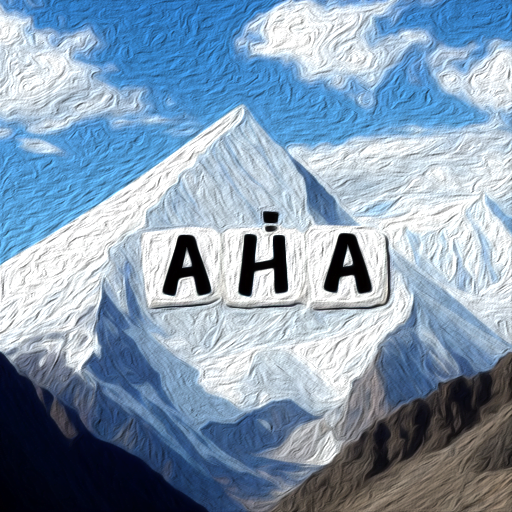
Happiness is a condition of alignment. It is an orientation where how one thinks within, matches the objective reality outside of oneself.
In other words, the maps that we use to describe our world, our relationships to other people, our relationship with ourselves – when these match up with the objective reality of what is beyond us.
That delightful phenomenon we describe as happiness, or fulfillment, or joy (or whatever other synonym we would prefer), this happens when the ‘map’ and the ‘territory’ match.
That is, when we experience a profound alignment between these two aspects. Thus, in having one’s life ‘work out well’.
But enough ‘philosophy’ for now…
Let’s just break this down with the practical example of having a map, and trying to use it to navigate a particular territory or a geographical outer realm that you do not know:
What would happen if you had in your hands a map of New York and you tried to navigate the streets of Melbourne, but you were convinced that the map you held is correct?
After all, this is the same map that all of your mates are using… It’s the same map that higher education says is the most up to date. It’s the same map that commercial media nods in unison as being ‘D’uh! Obvious’… as ‘Of Course It is True…’
And certainly, you could recognize many familiar landmarks on the map – i.e. how the streets meet at right angles, how you are indeed passing a park, how you have a bridge there, a building here, a coffee shop… and on and on.
But nevertheless, you’re walking the streets of Melbourne with a map of New York in your hands!
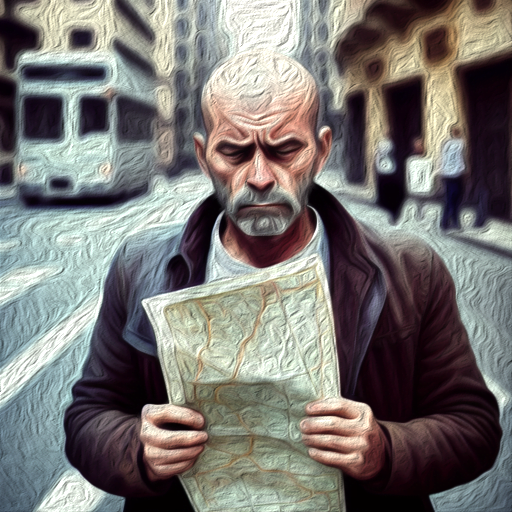
How often would you feel lost and confused – not knowing where you are, or how you can potentially get somewhere new?
How often would you experience the disappointment of not arriving at places that you thought you should arrive at but didn’t?
How disheartened would you feel when you decided to follow the map with all of your might, to give it your very best efforts – but you still did not arrive at your desired destination?
(So even when you gave it your best – ‘your best’ repeatedly fails…)
Now imagine operating with this wrong map in place for years and years – which now quickly turns into decades.
In fact, not only were you certain that the map is true, but you were also oblivious to the fact that you were even using a ‘map’. You just assumed the map ‘was’ the territory…
Walking around like this, would you not eventually feel depressed?
For this is in a nutshell what the documentary ‘The Great Aha!’ explores…
For what if what we label as depressive brain chemicals, these are not just ‘random occurrences’?
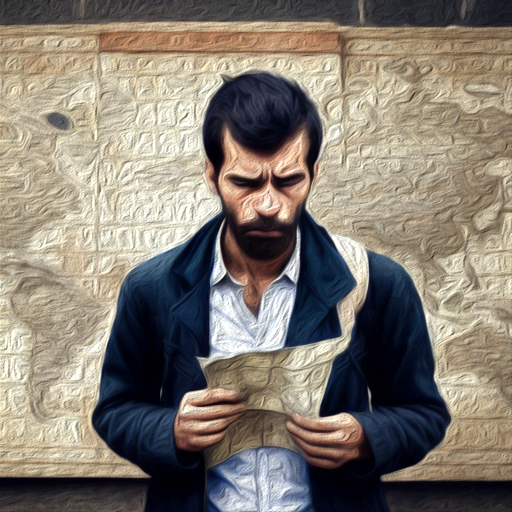
What if these ‘brain chemicals’ are built into a human being, and are released on purpose – i.e. in order for us to reassess our ‘inner maps’? So that we would discover the true (or truer) map – the map that most matches our particular territory?
‘The Great Aha!’ is a unique documentary that looks at the mental maps within us and where we believe our happiness is to be found.
That is, the very map that sources our motivations!
‘The Great Aha!’ looks at the very matrix of our motivational system – the mental maps we have within, for what we label within as happiness.
We seek to rationally assess and evaluate the fundamental maps we have that organize our entire lives.
We will explore such ideas as happiness-as-pleasure vs happiness-as-ethics… hedonic happiness vs eudemonic happiness… and what these mean in real-life practice.
If these ideas sound foreign or vague, that’s ok…
All of these will make perfect sense by the end because in this film, we examine our ability to be our own ‘cartographers’ or ‘map makers’.
This project is an opportunity for you to evaluate the mental maps you employ to structure your life.
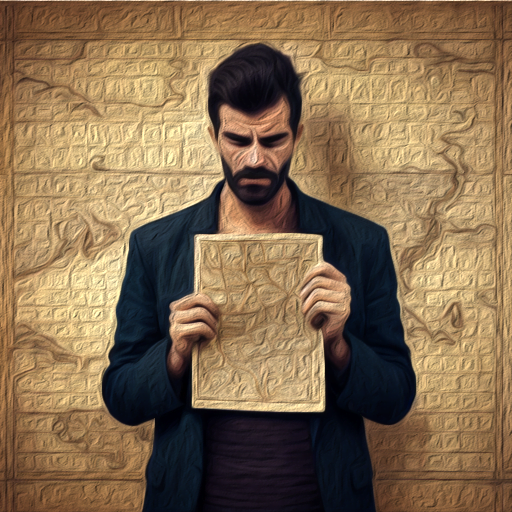 Inside ‘The Great Aha!’ we will examine our internal ‘operating system’, why we do what we do, and what kind of mental maps we use in our decision making.
Inside ‘The Great Aha!’ we will examine our internal ‘operating system’, why we do what we do, and what kind of mental maps we use in our decision making.
Our objective behind the production of this documentary is not merely to inform or entertain – but to better equip ourselves in the long term to recognize our own mental maps.
Furthermore, we aim to have a truer map of what is real, so that our pursuit of happiness works for our long-term good rather than selling us short.…
… so that ultimately, we are willing and able to do the good that we know we should do.
Inside, you will meet three titan thinkers from the Age of Enlightenment – Soren Kierkegaard, Immanuel Kant, and Jean-Jacques Rousseau – who will illuminate our most important distinctions and insights about happiness and how we can best achieve it.
As Kierkegaard himself put,
“All essential knowledge relates to existence,
or only such knowledge as has an essential relationship to existence
is essential knowledge.”
